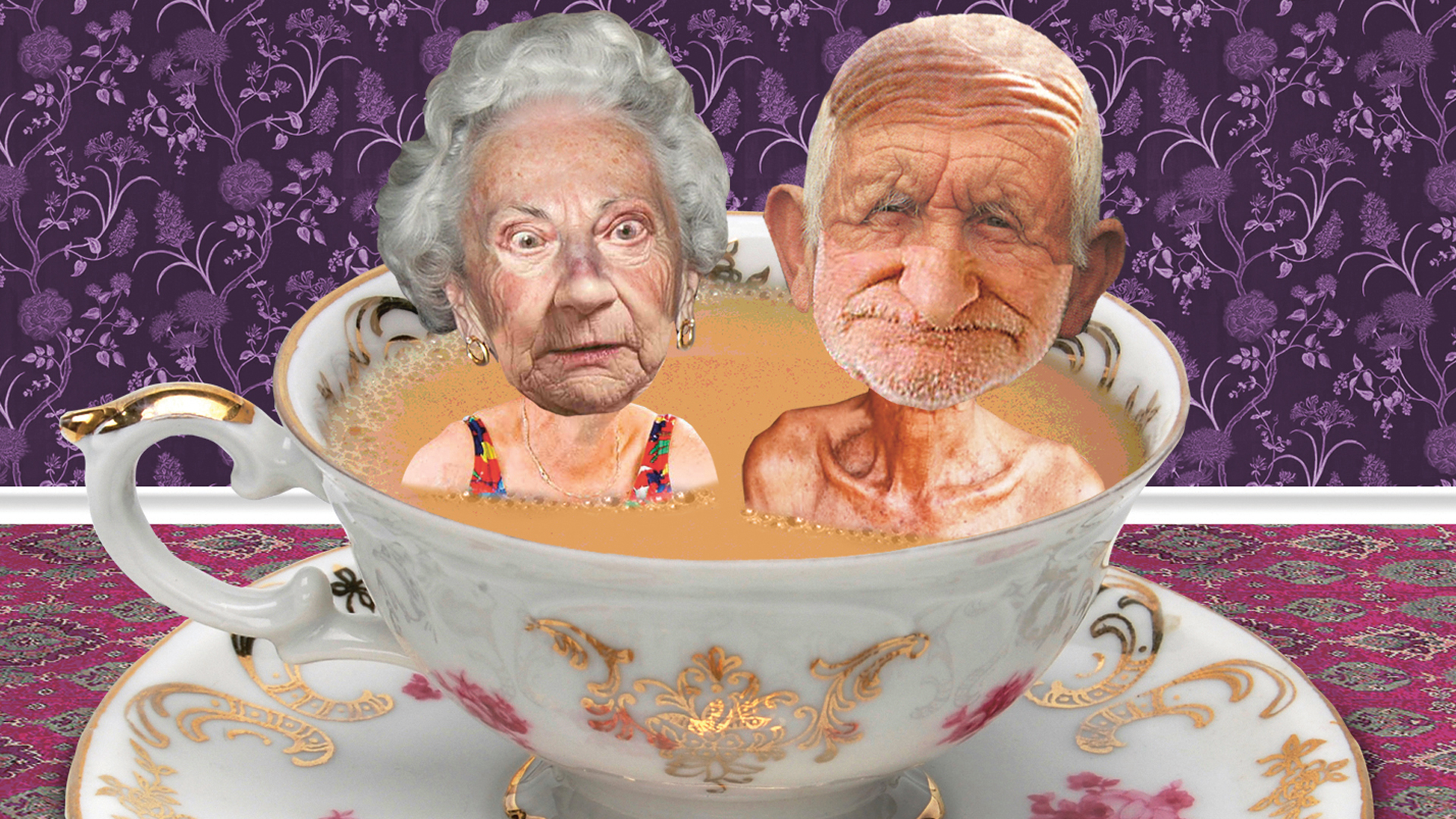Metro highlighted another feature of the study that showed green tea to have the biggest impact on health. Their headline read: “Drinking green tea ‘linked to a longer and healthier life’” while ITV News kept it simple with: “Habitual tea drinking ‘linked to longer life’”.
“UN-TEA-LIEVABLE Drinking three cups of tea a week can help you live longer, study finds” was The Sun’s effort, while the Daily Express’s online story brewed up a stronger take than other outlets, claiming that the report proved that drinking tea could extend your life. They wrote:“How to live longer: Drinking UK’s favourite drink has been proven to boost life expectancy”.
But are we correct to drink in these stories?
Facts. Checked
This study does not prove that drinking tea makes you live longer. It shows no causal link but does show an association between drinking tea and an extended lifetime – some media outlets did better than others at reporting this nuance.
First to the prospective cohort study. Academics analysed 100,902 Chinese adults taking part in the China-PAR project2 – a project predicting atherosclerotic cardiovascular risk – with no history of heart attack, stroke or cancer. They were then classified into two groups: habitual tea drinkers who consumed three or more cups a week and non-habitual tea drinkers who fell below that mark.
They then followed their health for a median of 7.3 years, finding that habitual tea drinkers would develop coronary heart disease and stroke 1.41 years later and live 1.26 years longer than those who rarely or never drank tea. Green tea offered the most benefits with around a 25 per cent lower risks of incident heart disease and stroke, fatal heart disease and stroke, and all-cause death, with no significant association for black tea.
These are encouraging findings but it is an observational study and, therefore, can only “establish an association – not a causal relationship”, according to Gunter Kuhnle, professor of nutrition and food science at the University of Reading.
That means that the Daily Express’s claim that the study has proven drinking tea makes you live longer is false. Other titles like The Daily Mirror, Metro and ITV News did better in featuring a response from Prof Kuhnle and other academics to demonstrate the lack of a causal link.
There is also an interesting cultural aspect to this study.
Professor Kuhnle points out that most people in the UK would qualify as habitual tea drinkers, as tea is consumed in larger quantities per person than in China, saying that: “Therefore there is no likely benefit from increasing tea intake by the majority of the British public.”
British Dietetic Association spokeswoman Jodie Relf stresses that tea is consumed differently in China, involving “taking time to slow down and bring calmness and serenity to your day”, which could contribute to the findings.
So the study is encouraging but, until proven, it is currently better to take it with a pinch of salt rather than milk and two sugars.
Illustration: Miles Cole









